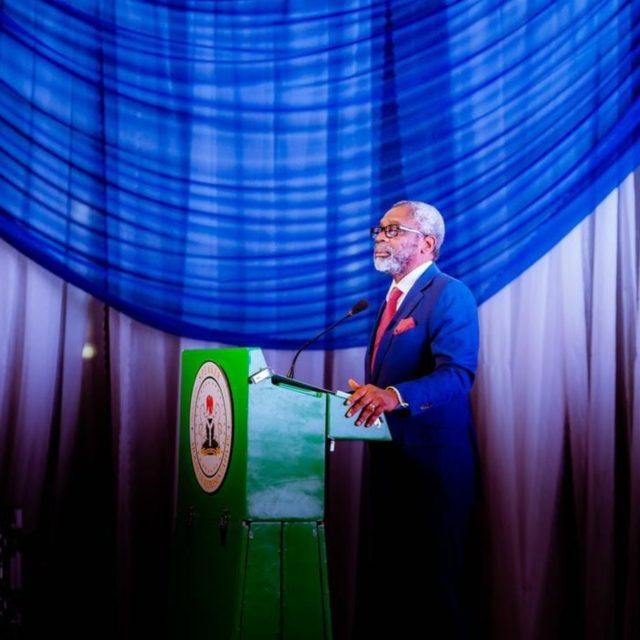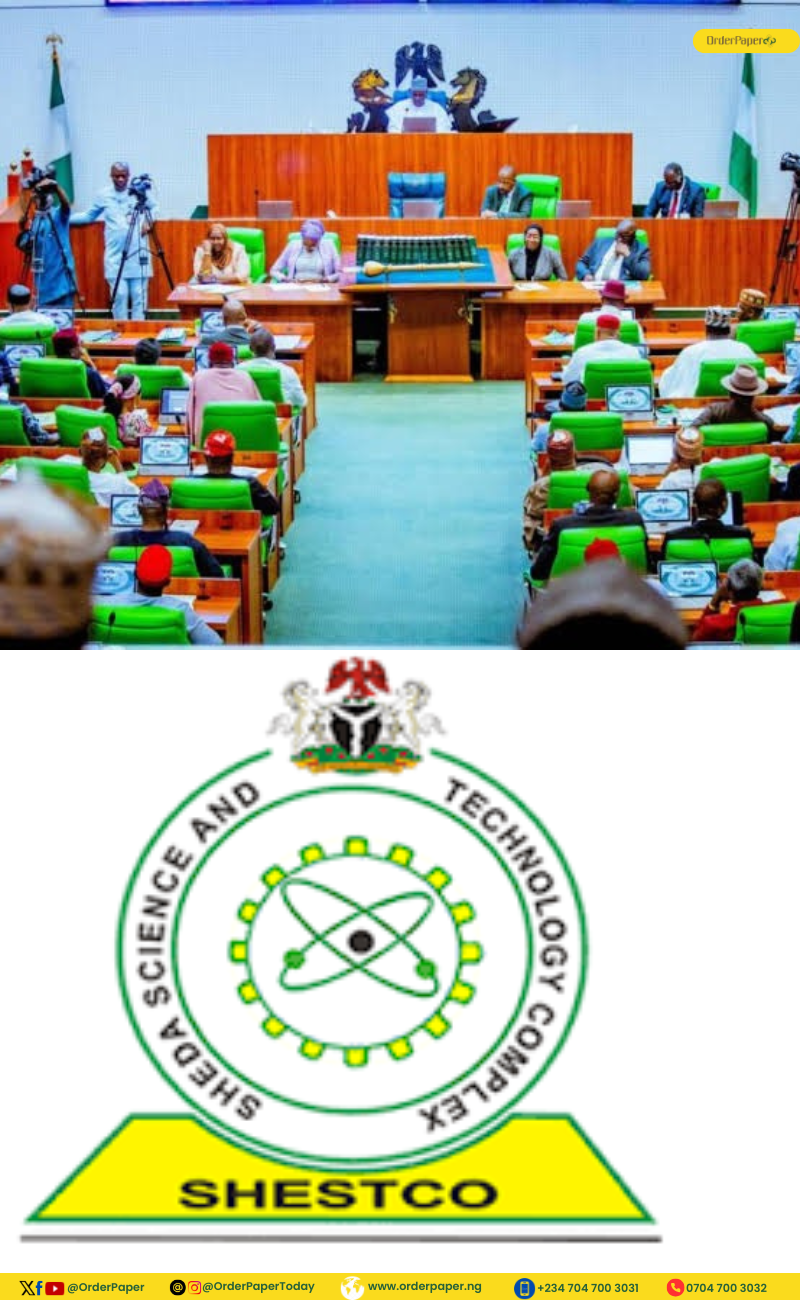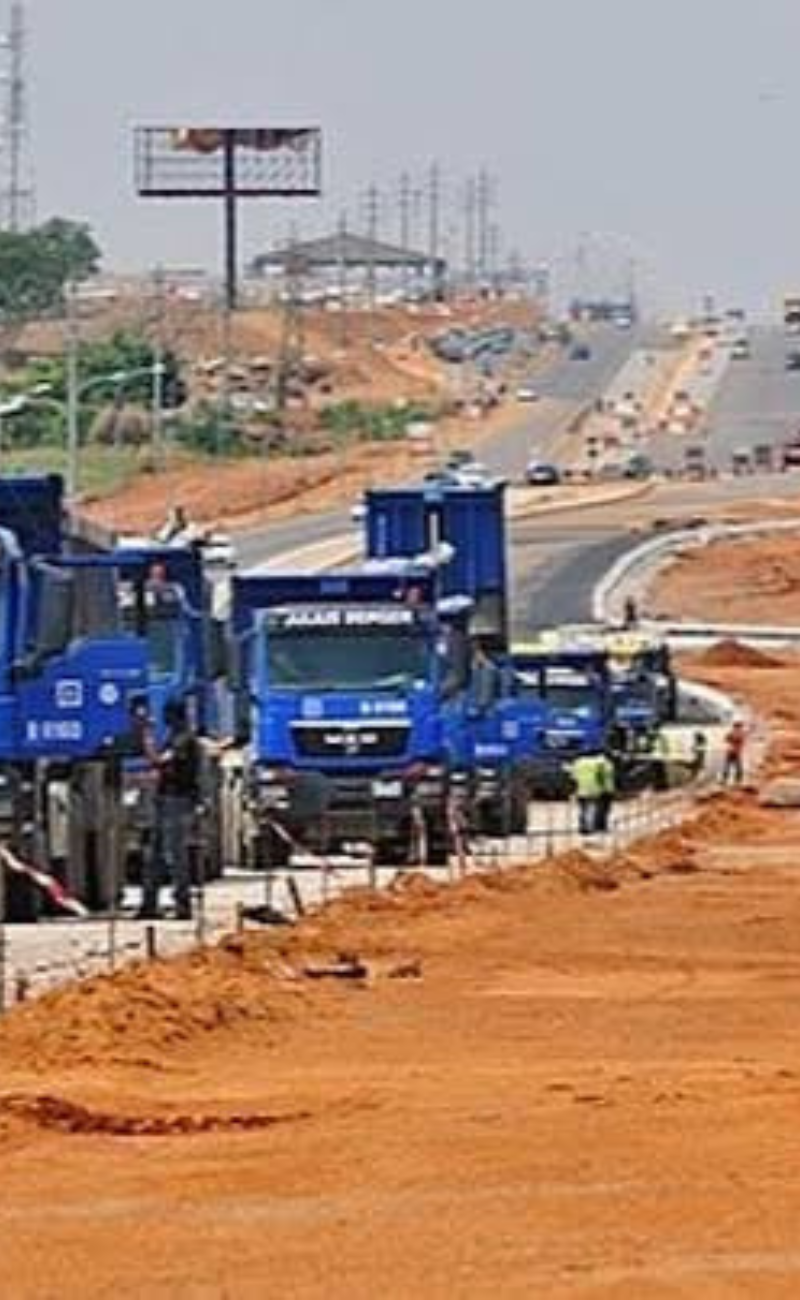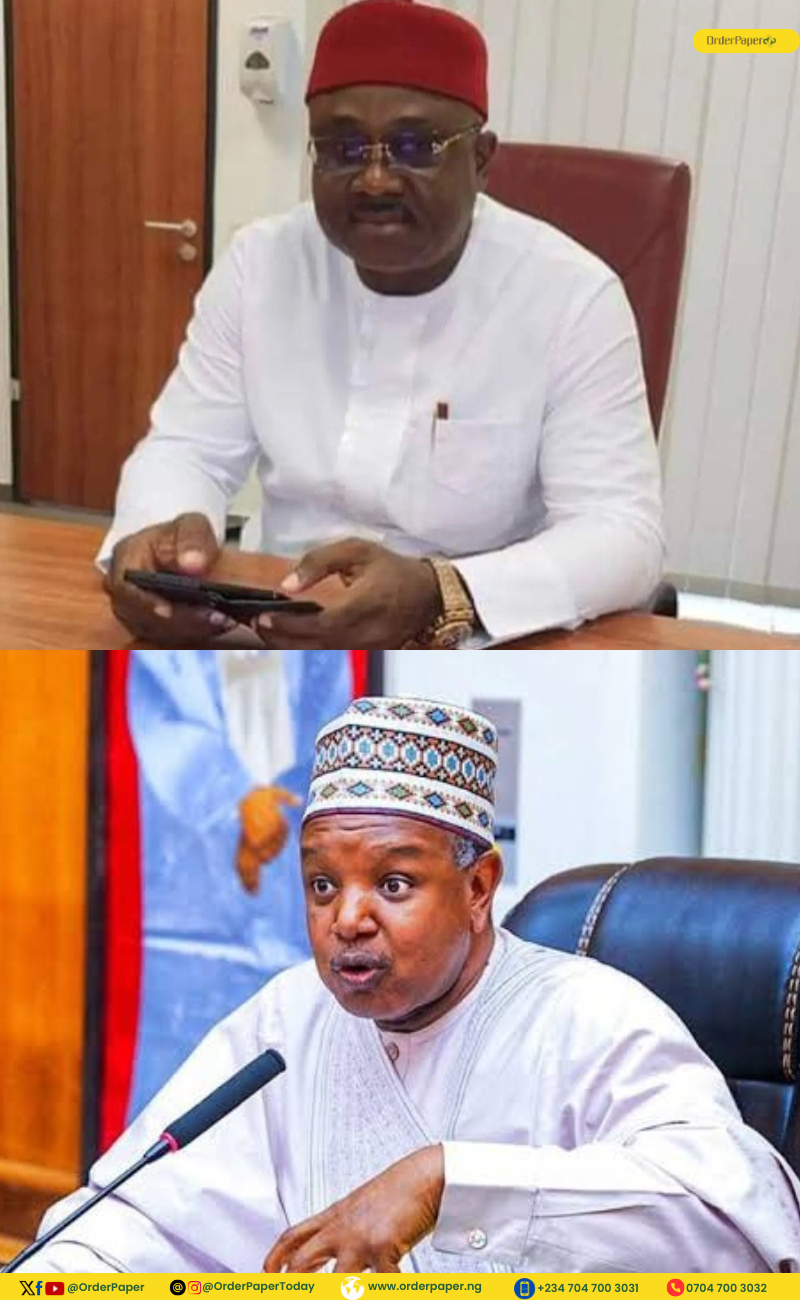Speaker Gbajabiamila highlights successes and challenges of the 9th House of Reps at the Distinguished Parliamentarian Lecture Series, describes House as an unusually productive parliament despite the limitations imposed by the COVID-19 pandemic

Speaker of the House of Representatives, Femi Gbajabiamila, has lamented that one of the peculiarities of Nigeria’s democracy is that much of the population does not understand the legislature’s role in the nation’s democratic arrangement.
Gbajabiamila disclosed this on Monday, at the Second edition of the Distinguished Parliamentarians Lecture organised by the National Institute for Legislative and Democratic Studies (NILDS) in Abuja while delivering a paper titled ‘Delivering on our contract with Nigeria; Implementing the Legislative Agenda of the 9th House of Representatives – Progress, challenges and Way forward.’
He noted that the Ninth House of Representatives has been an unusually productive parliament despite the limitations imposed by a global pandemic, having addressed long-standing challenges of governance and economics in our country.
READ ALSO: “Why Senate is ‘no-go area’ for me after governorship” – Governor El-Rufai
“We have passed landmark legislation to fix our oil and gas industry, reform the police and reorganise the corporate administration system in our country. We have considered and passed meaningful legislation impacting all areas of our national life.
Some of these bills are the Police Service Commission Act (Repeal and Re-enactment) Bill, the Electric Power Sector Reform Act (Amendment) Bill, and the Deep Offshore and Inland Basin Production Sharing Contracts Act (Amendment) Bill, amongst others.
We passed a slate of bills to reform the aviation sector and clean up our airports so that these critical national assets can be properly administered to the best expectations of the Nigerian people. We have reformed the annual budget process of the Federal Government. We have used the appropriation process and the power of parliament over the public purse to pursue community and constituency development across the country.
We have invested in primary, secondary, and tertiary education infrastructure. We have provided ICT training centres to facilitate learning and enhance educational outcomes. We intervened to help resolve outstanding issues between the Academic Staff Union of Universities (ASUU) and the Federal Government so our young people could return to their academic pursuits after an extended period of industrial action by the union. Since then, the House of Representatives has worked to address the issues that led to the strike.
We are currently working on the 2023 Appropriation Bill, which includes the sum of one hundred and seventy billion naira (N170,000,000,000.00) to provide a level of increment in the welfare package of university lecturers. The Bill also includes an additional three hundred billion naira (N300,000,000,000.00) in revitalisation funds to improve the infrastructure and operations of federal universities,” Gbajabiamila noted.
READ ALSO: “Constitution amendment may not be concluded in 9th NASS” | News Roundup
The Speaker observed that the Central Bank of Nigeria (CBN) recently announced a policy to redesign the Nigerian Naira and impose restrictions on cash transactions across the economy.
According to him, “The National Assembly has been inundated with petitions from citizens worried about the impact of the new policies on their businesses and concerned that the policy approach will not deliver its stated policy objectives.
Many have pointed out that in India, where a similar policy was implemented beginning in 2016, the expected benefits haven’t materialised. Yet, there has been a pronounced contraction in the economy probably linked to the policy.
Now, whatever the concerns about the policy may be, it should not be the normal course of things for such a profoundly impactful policy programme to be designed, approved, and announced without any engagement with the legislature, or any attempt to seek the perspectives of the people’s representatives,” Gbajabiamila added.
READ ALSO: Constitution Amendment Bill: NASS sets date for transmission to State Assemblies
Earlier in his welcome remarks, the NILDS Director-General, Prof Abubakar Sulaiman, said the public lecture serves as a platform where members of the parliament could tell their stories, programme accomplishments and challenges.
“Today’s lecture, like the maiden one, is an avenue of legislative narration and a veritable platform connecting both the elected representatives and the people, beyond the confines of the two hallowed chambers,” he said.



